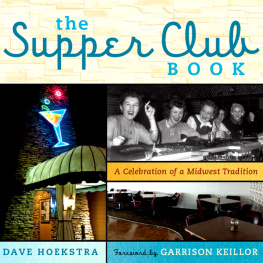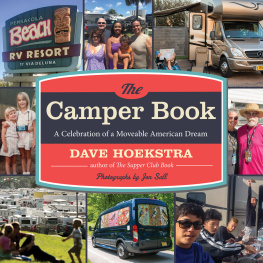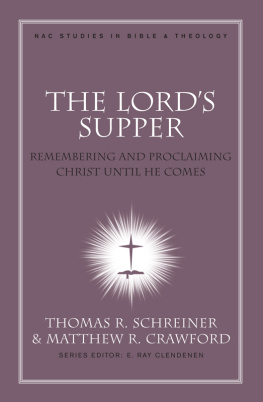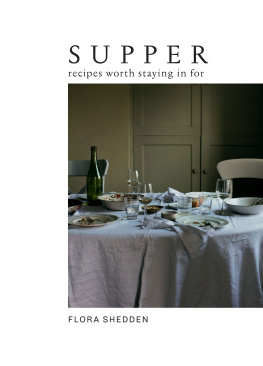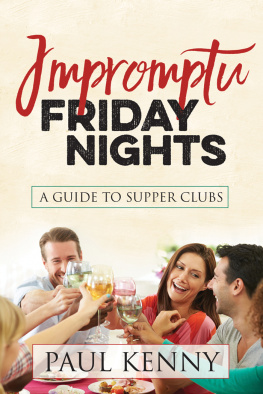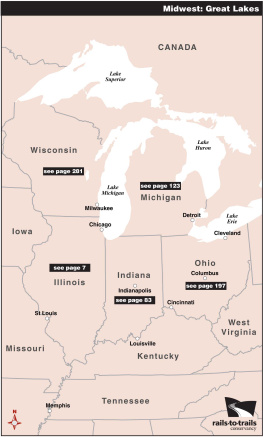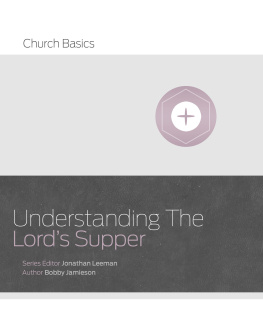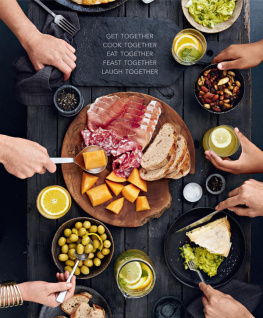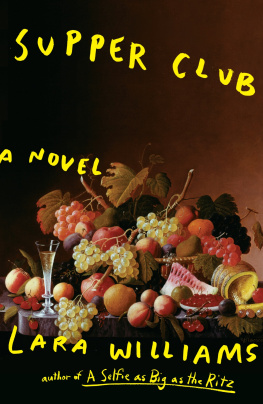
The supper club of the Upper Midwest is unmistakably authentic, as unique to the region as cheese curds and Curly Lambeau. Author Dave Hoekstra traveled through farmlands, woods, towns, and cities in Wisconsin, Minnesota, Iowa, Michigan, and Illinois, eating at salad bars, drinking old fashioneds (the signature cocktail of the supper club), and talking to old-timers, local historians, and newcomers. He discovered that far from going the way of many small establishments, supper clubs are evolving, combining contemporary ideas such as locavore menus and craft beer with traditional Friday night fish fries and Saturday prime rib. He brings to life the memorable people who have created and continue the tradition, from the blind dishwasher at Smokys to the Dick Watson Combo playing Beyond the Sea at the Lighthouse to the entrepreneurs and hipster crowd behind the Old Fashioned. This combination oral history and guidebook, with more than one hundred photographs, celebrates not only the past and present but the future of the supper club.
the
Supper Club
BOOK
A Celebration of a Midwest Tradition
DAVE HOEKSTRA

Copyright 2013 by Dave Hoekstra
Foreword 2013 by Garrison Keillor
All rights reserved
First edition
Published by Chicago Review Press, Incorporated
814 North Franklin Street
Chicago, Illinois 60610
ISBN 978-1-61374-371-3
Interior design: Jonathan Hahn
Library of Congress Cataloging-in-Publication Data
Hoekstra, Dave.
The supper club book : a celebration of a Midwest tradition / Dave Hoekstra. First edition.
pages cm
Includes index.
Summary: The supper club of the Upper Midwest is unmistakably authentic, as unique to the region as great lakes, cheese curds, and Curly Lambeau. The far-flung locations and creative decor give each supper club a unique ambience, but the owners, staff, and regulars give it its personality. Author Dave Hoekstra traveled through farmland, woods, towns, and cities in Wisconsin, Minnesota, Iowa, Michigan, and Illinois, eating at salad bars, drinking old fashioneds, and most of all talking to old-timers, local historians, and newcomers. He discovered that far from going the way of so many small establishments, supper clubs are evolving, combining contemporary ideas such as locavore menus and craft beer with traditional Friday night fish fries and Saturday prime rib. He brings to life the memorable people who have created and continue the tradition, from the blind dishwasher at Smokys to the Dick Watson Combo playing Beyond the Sea at the Lighthouse and the entrepreneurs and hipster crowd behind the Old Fashioned. Corporations have defined mainstream eating habits in America, but characters define supper clubs, and this combination oral history and guide, with more than one hundred photographs, celebrates not only the past and present but the future of the supper club Provided by publisher.
ISBN 978-1-61374-368-3 (hardback)
1. RestaurantsMiddle West. 2. Dinners and diningMiddle West. 3. Middle WestDescription and travel. I. Title.
TX907.3.M55H64 2013
647.9577dc23
2012046446
Printed in the United States of America
5 4 3 2 1
For Mom, a coal miners daughter from southern Illinois, and Dad, whose road began in the Union Stockyards of Chicago.
Foreword
By Garrison Keillor
The Moonlite Bay Supper Club is the swank spot for dining in Lake Wobegon, a little snuggery overlooking the water where candles flicker in maroon globes on the tables, Home of the Generous Ribeye, featuring the keyboard stylings of Ramona Magendanz, where expert mixologists will prepare your favorite cocktail to your complete satisfaction. This is not the permanent kaffeklubben and floating cribbage game of the Chatterbox Caf, nor is it the hamburger heaven of the Sidetrack Tap, nor is it the Seniors Lunch at Lake Wobegon Lutheran, nor is it Sunday dinner at Cousin Helens with all the cheery news about her descendants that youve heard before. It is a dining experience where the lights are low and a person can sit in the shadows and enjoy a libation and a good meal and say what you think without Aunt Lois contradicting you at every turn. Aunt Lois isnt here. You didnt invite her to dine with you. This is your right in a free country.
We are not people given to heavy drinking and hearty partying. We are wary of drinkers. They get into their cups and theyre liable to drift into long maudlin monologues about the unfairness of life. In Lake Wobegon we say, Nothing good happens after ten PM. We say, Whiskey does not bring out the best in people. That far-off whooping and caterwauling you hear around midnightthat is not us, nor is it anyone wed care to know personally. Nonetheless, who can object to an occasional Screwdriver or Bloody Mary or Old-Fashioned if it helps you and the Missus relax and put the cares of the day behind? And that is why people go out to Moonlite Bay. You will sit in the vicinity of nice people like yourself who may nod to you but will not come and plop down next to you and complain about the price of soybeans nor will they sink into a stupor and start singing along with Rainy Day Woman on the jukebox. There is no jukebox, just Ramona, and she does not know Rainy Day Woman. Your waitress LaVerne will bring over the generous condiment tray of carrots, celery, radishes, green onions, and gherkins and the drinks will arrive and you will scan the familiar menu and deliberate your choices, fish, fowl, and beef. And you bask in the confidence that you are about to have a very nice time.
I was introduced to supper clubs by Eugene and Marjorie Guntzel, whose daughter Mary was my fiance back in my college days. Sunday liquor sales were illegal in Minnesota back then so if they wanted to go out for Sunday dinner, they went to a supper club where you brought your own liquor along and the waitress brought you some ice in a glass. They lived in a little house with an enormous yard in a suburb of Minneapolis and on summer Sundays Gene liked to make himself a double Manhattan and sit in a lawn chair under the big maple tree and take his ease. He didnt talk much about his jobhe managed the warehouse of a big ceramic-tile wholesalerI got the impression it wasnt a lot of fun. He didnt talk much at allMarj was the talker in the familyand as he swam through the first Manhattan and landed on the second, he mainly just smiled.
Marj was an excellent cook within the parameters of Genes culinary tastes and she set a lovely table. She had grown up in North Dakota during the dust-storm Thirties and elegance was her trademark. Dinners were served on time on a white tablecloth with good china and silver and were as good as pot roast and potatoes possibly can be. And when she needed a break from cooking, Gene packed up the Scotch and bourbon and sweet vermouth in a canvas bag, and off we went in his Buick Electra in our Sunday clothes, a short skinny man with a big nose carrying the bag, a tall good-looking brunette in her fifties, a tall bearded man in his twenties looking rather aloof, and a lovely young woman faintly embarrassed, and the short man slipped the matred a five and asked for a corner table by the window and there we plunked ourselves down. A white tablecloth, cloth napkins folded into bishops hats, silverware, water glasses. Everything just so. The waitress was stout, wore a starched white outfit and a hairnet, and brought us menus and four glasses with ice. Gene mixed the drinks, a Manhattan for him, Rob Roys for the ladies, straight Scotch for me. The men ordered the twenty-two-ounce prime rib, the women ordered walleye or baked chicken. The relish tray was brought, with raw celery, carrots, green onions, radishes, sweet pickles. Gene raised his glass:

